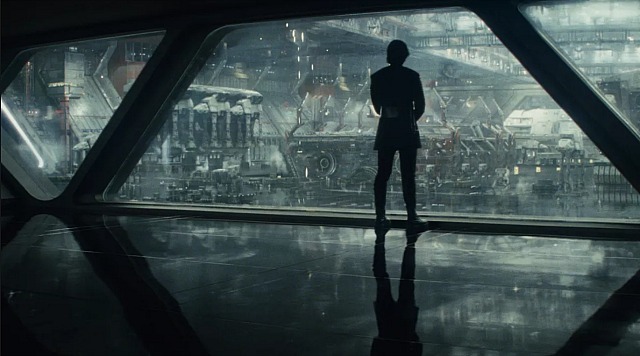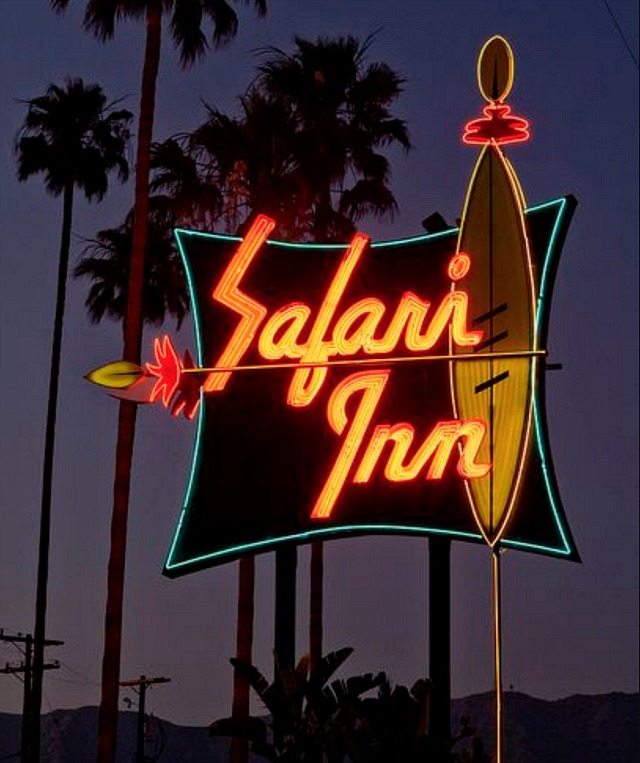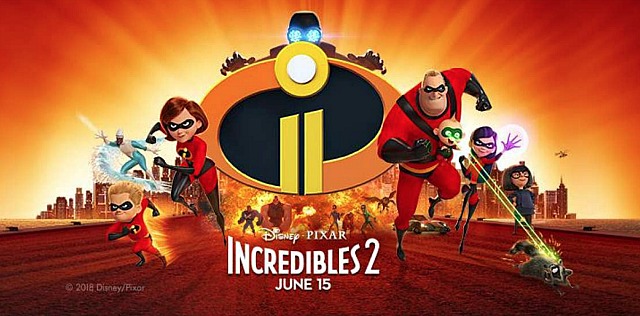I’ve become so accustomed to the idea of Ben Affleck not playing the dual titular role in Matt Reeves‘ The Batman that it looks like up to me. So that Deadline report about The Batman “likely” being a reboot sans Affleck….I feel like I’ve been digesting this story for at least a year if not longer. The wheels seem to be grinding awfully slowly on the Warner Bros. lot.
And seriously, a Batman “reboot”? Another one? What more could possibly be said at this point? What could Reeves’ film possibly do and where could it go? The franchise has been milked so dry there’s nothing left to suck on.
The only concept that interests me is “take away the grandiose wealth” — i.e., Bruce Wayne, Wayne Manor, Alfred, Morgan Freeman‘s Q-like character. And make Batman into a guy who’s only worth maybe $4 or $5 million — comfortable but not flamboyantly rich, dedicated to his mission but occasionally skating on thin financial ice, so to speak. Maybe a guy with poor social skills, a guy who made some bad investments a few years back and now the chickens are coming home to roost. He’s not above washing the Batmobile himself, and every so often he brings in a sworn-to-secrecy mechanic for a tune-up or a tire-change or replacing the clutch.








